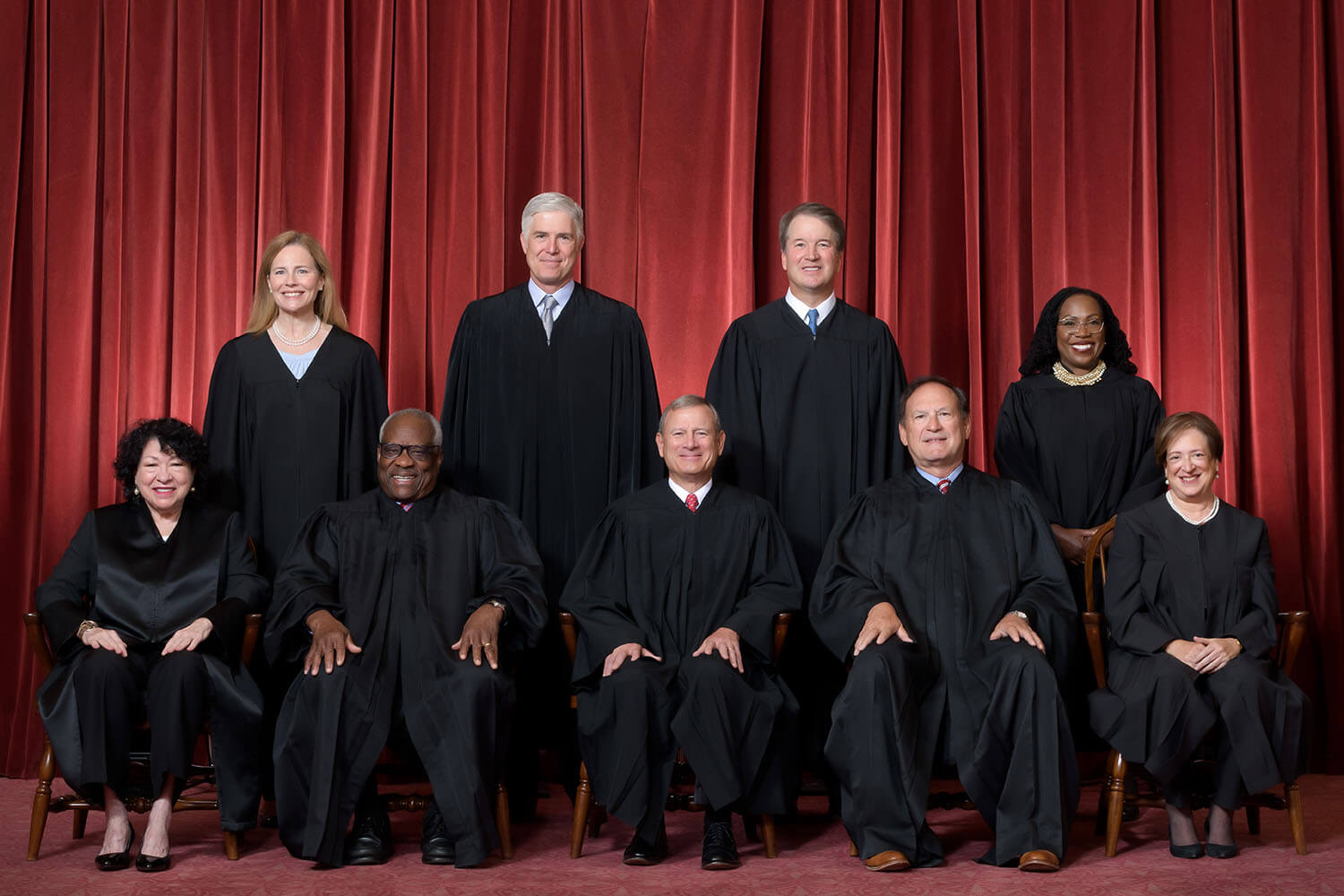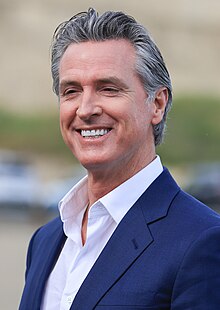SCOTUS allows cities to enforce bans on sleeping outside in public spaces

In Grants Pass v. Johnson, the high court ruled that bans on sleeping outside in public spaces are not “cruel and unusual punishment,” paving the way for cities to clear makeshift encampments.
California has a housing crisis and in some respects, our firm is seen as being on one side of the crisis because not uncommonly, we have to convey to tenants that they need to make a chapter change in their lives and leave the rental unit.
This is upsetting to some but for other residents in the rental community, our work is commended because we remove bad actors and by doing so, create a better quality of life for all neighboring people who want to live in safety, cleanliness, and without exposure to drug activity.
People without stable, permanent, and adequate housing is a complex and multifaceted issue that is not easily solved, but cities now have a newfound ability to regain control of public places after a decision handed down by the U.S. Supreme Court in Grants Pass v. Johnson.
Ever heard of Grants Pass, Oregon? This obscure place set this off.
With offices in San Francisco and Oakland, we have witnessed the homelessness crisis firsthand. This intractable problem is normally associated with urban centers like San Francisco, Los Angeles, New York City, and the like, but this author has never heard of the rural community of Grants Pass, Oregon. This tiny town of 39.194, however, spawned a lawsuit that trickled up to the highest case in the land.
After tents began overrunning public parks, there was an ordinance enacted that imposed a $295 fine for people sleeping outside. Litigation ensued.
There was a wrestling match, then, between how to handle a rising homeless population and frustration over health and safety issues that come with encampments.
The traditionally liberal 9th U.S. Circuit of Appeals held that such bans are cruel and unusual punishment and violative of the Eighth Amendment in locales with insufficient shelter beds.

Divided along party lines in a 6-3 vote, the Supreme Court disagreed. How will local governments respond to this decision?
According to Sara Bristol, the Mayor of Grants Pass, it will be at least several weeks before residents notice any significant change.
Closer to home, San Francisco Mayor London Breed and Governor Newsom chimed in on the ruling that upended decades of law.

“We will continue to lead with services, but we also can’t continue to allow people to do what they want on the streets of San Francisco, especially when we have a place for them to go.”

"Today’s ruling by the U.S. Supreme Court provides state and local officials the definitive authority to implement and enforce policies to clear unsafe encampments from our streets. This decision removes the legal ambiguities that have tied the hands of local officials for years and limited their ability to deliver on common-sense measures to protect the safety and well-being of our communities."
Our takeaways
We applaud the Supreme Court’s decision to give local governments to ban people from camping out, but the immediate effect of the ruling is unclear. The law is cleaner on the page than it is in real life.
There is some encouragement for owners of commercial and residential properties that the court has now tilted toward public safety and, by giving municipalities the ability to clear encampments, will provide patrons and residents peace of mind knowing they can move freely without fear and being witness to an eyesore.
While there is a lot of lip service about solving this vexing problem, it will be an arduous task and we are not all that optimistic that there will be meaningful change anytime in the near to intermediate future.
We wholeheartedly agree that the root causes of homelessness must be addressed and we are confident that many professionals in the realm of mental health, drug addiction, and other fields will continue their dedication in helping those in need of services.
In the interim, Bornstein Law is well-equipped to handle nuisances that occur in and around your property through legal and compassionate solutions.
